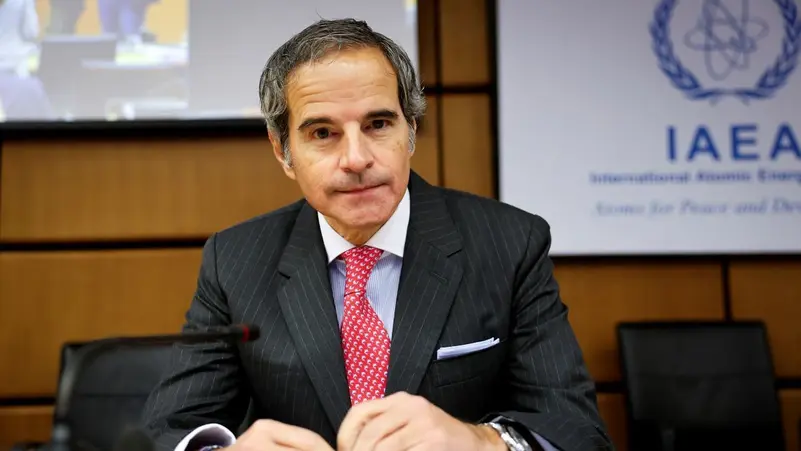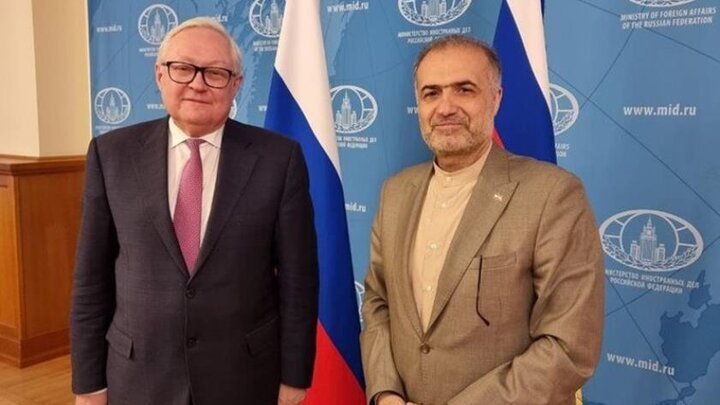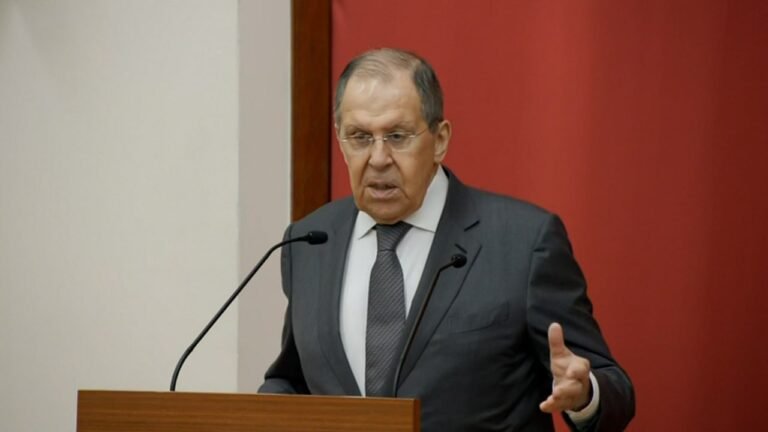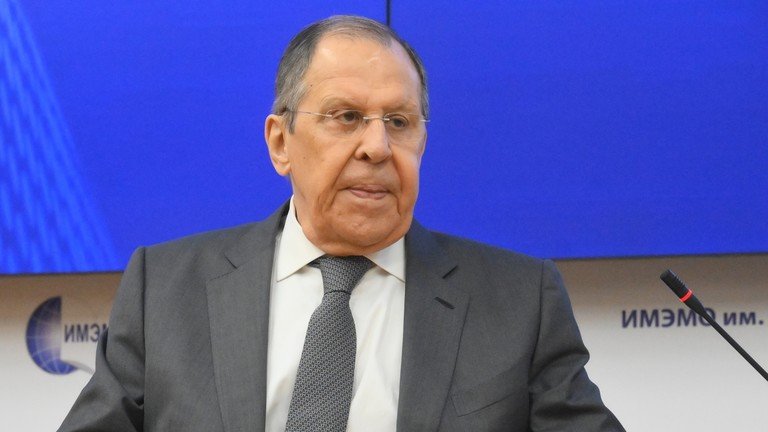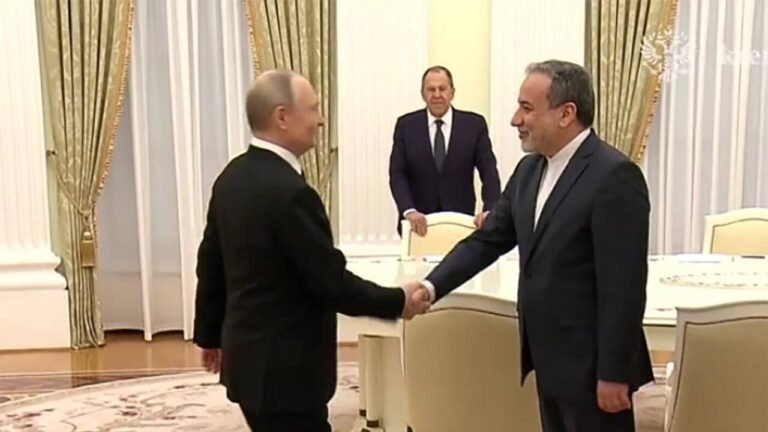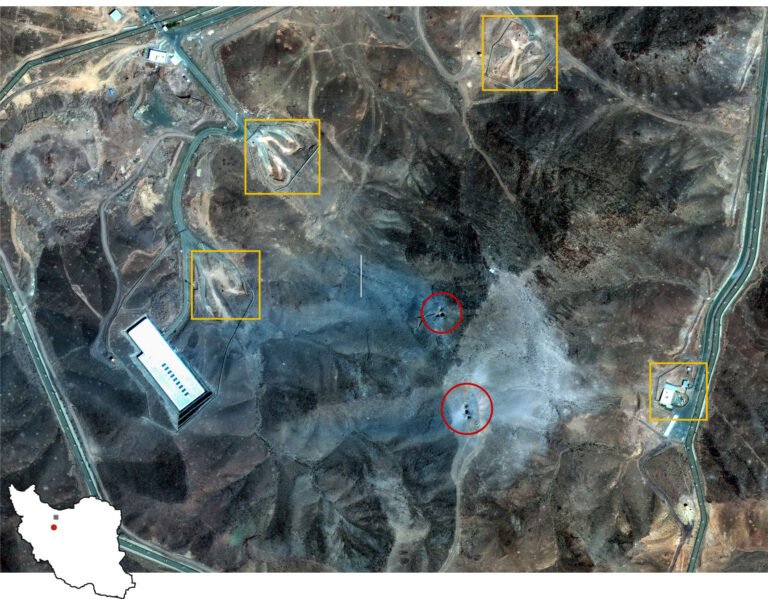There is no indication that a part of Iran’s Parchin military complex that Israel hit in an air attack last month was a nuclear facility or had nuclear material present, UN atomic watchdog chief Rafael Grossi said on Wednesday.
He was responding to a journalist’s question about Israeli Prime Minister Benjamin Netanyahu’s comment in a speech on Monday that Israel had struck “a specific component in their nuclear program.”
Grossi welcomed Iran’s “concrete step” on agreeing to cap its stockpile of highly enriched uranium after Tehran implemented preparatory steps to stop adding to its inventory.
“I think this is … a concrete step in the right direction – we have a fact which has been verified by us,” Grossi told reporters in Vienna.
“I attach importance to the fact that for the first time… since the distancing of Iran from its past obligations, they are taking a different direction,” he said.
But he said he could “not exclude” that Iran’s commitment might falter “as a result of further developments.”
The comments by Grossi came after Western powers submitted a resolution censuring Iran for its poor cooperation with the International Atomic Energy Agency (IAEA) to its board meeting.
Earlier Wednesday, Grossi said “a lot” of work still needed to be done, while urging countries to “avoid unnecessary escalations, in particular, in a region that has suffered too much.”
Last week, Grossi travelled to Tehran for talks with President Masoud Pezeshkian and other top officials.
During the meeting, Iran agreed to freeze its sensitive stock of near weapons-grade uranium enriched up to 60 percent.
According to the IAEA, Tehran is the only non-nuclear weapon state to enrich uranium to 60 percent, a short step from the 90 percent level needed for atomic weapons.
Iran has always denied seeking a nuclear weapon.
Tensions between Iran and the agency have repeatedly flared since a 2015 deal curbing Tehran’s nuclear program in exchange for sanctions relief fell apart.
In recent years, Tehran has decreased its cooperation with the International Atomic Energy Agency (IAEA) by ramping up its nuclear activities, deactivating surveillance devices to monitor the nuclear program and barring UN inspectors.

